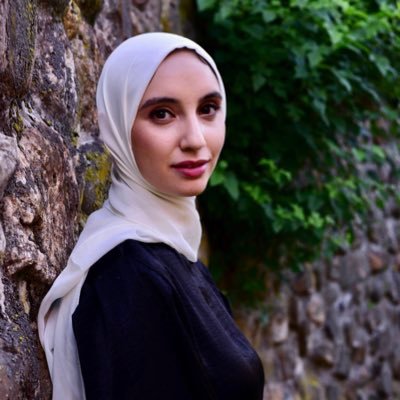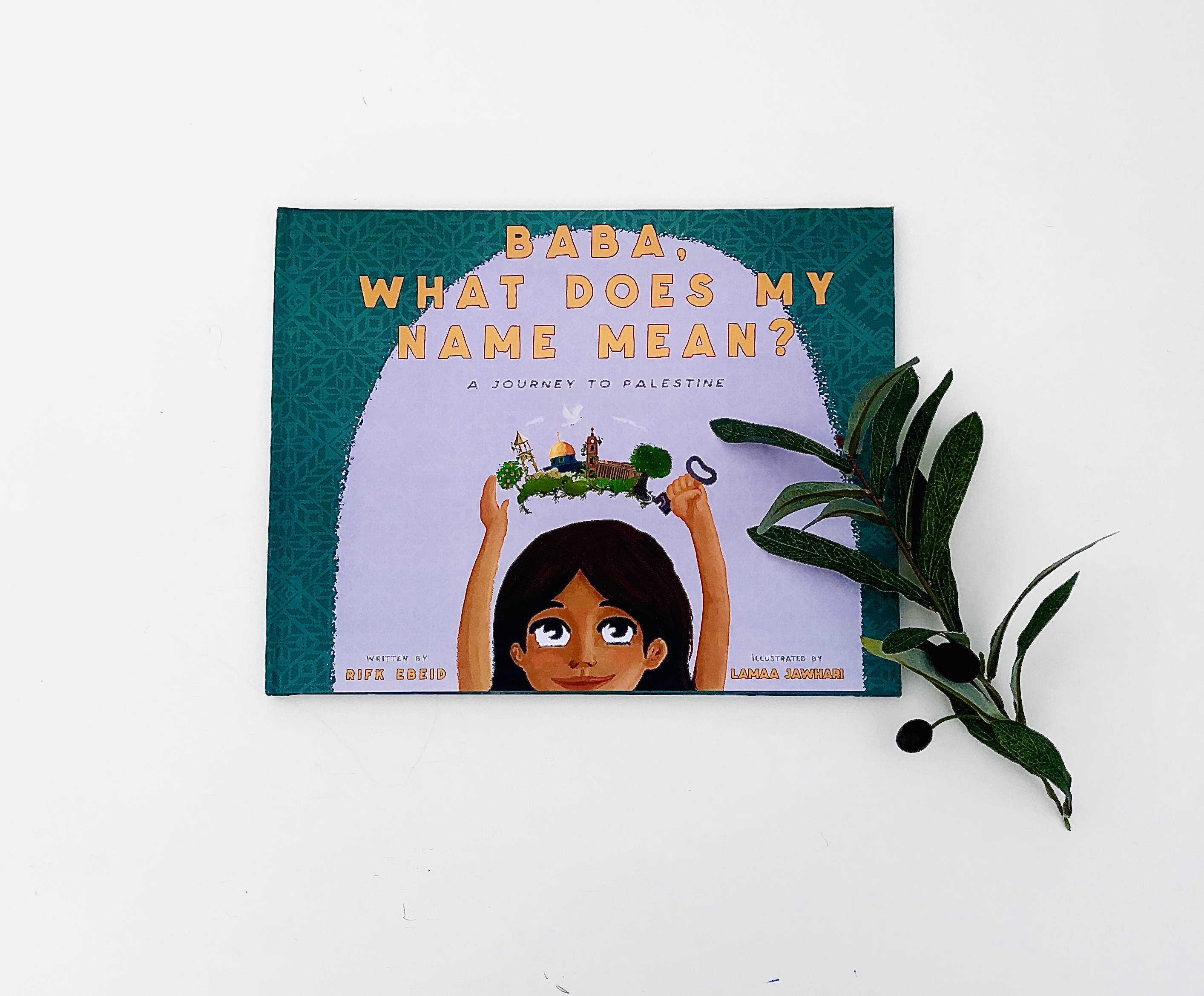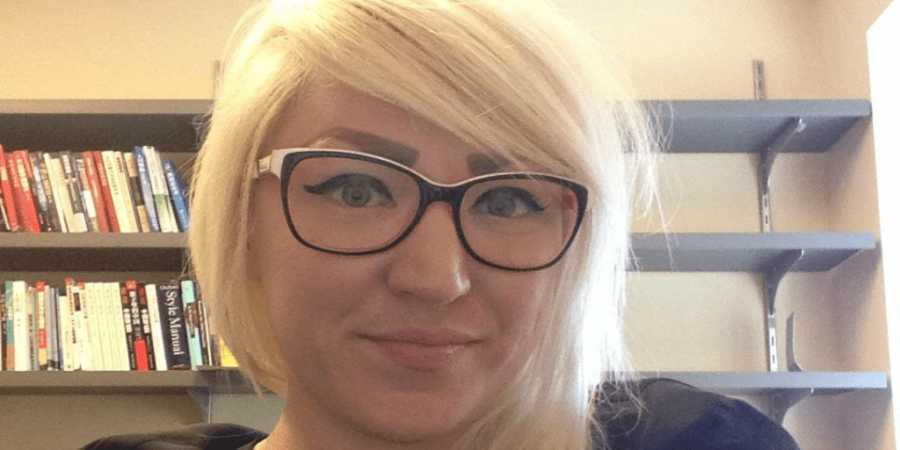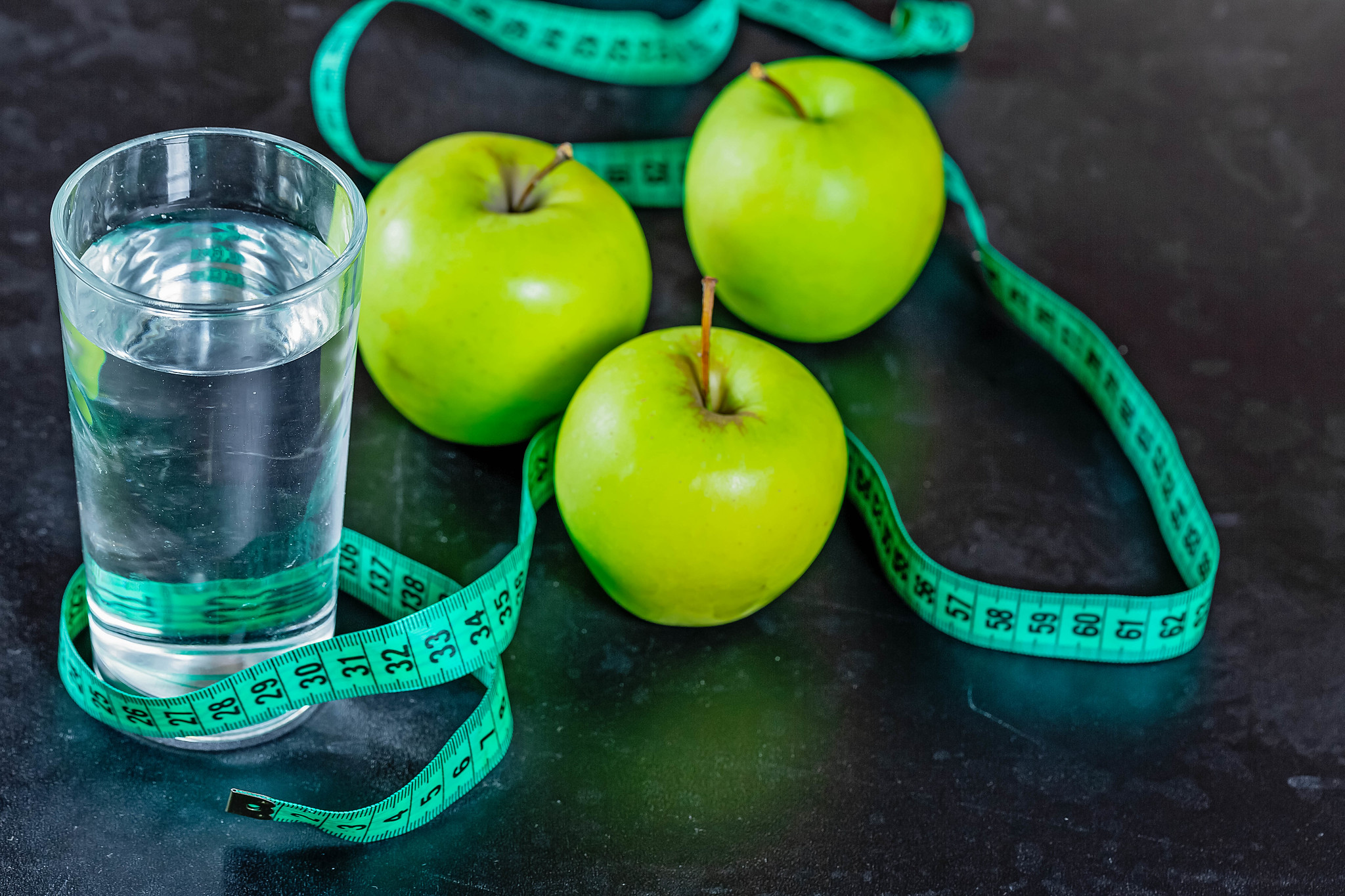“We are prescribed to seek knowledge. This is in line with journalism because essentially we have a topic, whether it’s an election or human rights crisis or war, and we’re required to research and know that beat like the back of your hand.”
What do you do in your job?
I’m a national reporter at HuffPost. I cover stories across the country. My particular beat is Islamophobia and social justice issues that impact the Muslim communities, from hate crimes, Islamophobic policies like the travel ban to everything in-between. The focus is on social justice and civil rights.
What do you love about your job?
I love that I get to meet an incredible array of people through my interviews and research/reporting. Reporting has taken me to cities and states that I would not have thought to visit. I’m introduced to leaders and trailblazers in our community who are doing amazing things for the Muslim community, whether through politics and civil rights, activists to bakers, teachers who want to contribute to and improve their community in their own way that they can. They all have interesting lives, all are incredibly dedicated to their faith as Muslims while being Americans, enlightening themselves, their communities, their masajids, their families and their friends. They don’t get the attention they deserve.
There is also a slight bias towards Muslim women. They don’t get the attention, they’re not featured on TV, not getting their stores shared. They want to do what is right by their community, family and friends. It is incredibly inspiring to meet these women in their communities.
Last year, I dedicated stories on Muslim women, especially women who wear hijab. They are on the forefront of Islamophobia because of their hijab. They are on the frontline of attacks, face gendered Islamophobia compared to their male counterparts. It can be anywhere from assault for hijab, stereotypes of Muslim women being weak, facing bias from men in and outside the community. They are the first to take the gut punches in so many ways, just because of who they are. When you talk to them, you hear stories about not just keeping their head above water, but actually succeeding and thriving. This can range from being at home raising a family to being in politics.
There was an incredible, unprecedented amount of women than ran for primaries. It is so inspiring for me because it shows that Muslim women aren’t just braving the sexism, Islamophobia and xenophobia, but they are also motivated to seek change in every single way that they can. They wholeheartedly believe in their Muslim identity, they won’t take off hijab whatever the case may be. They always have a bigger reason, whether it is for Allah, or to be role models to future young women, they are passionate about that reason. That to me is so inspiring. I may sound like a broken record but I can’t find a better word. I continue to notice a trend in high school girls, young and ambitious, who are connecting with older women in their communities who are gems and leaders. This is something we as a community can take time upon to reflect.
What do you like least about your job?
There are two things.
The first challenge of being in journalism and in the field is that it is not the most stable of industries in regards to job security. It can be very wishy-washy, very unpredictable. The other challenge is that it can be difficult to break into the field, and once you’re in it, to maintain the job because of layoffs that tend to come. Journalism is owned by corporate billionaires and there is a lack of corporate investment in journalism. I don’t want to glamorize or undermine these challenges. Everyone should know going into this that we all have to pay bills, etc.
Also, it is not a glamorous job. Being a reporter and being a reporter of color, who’s a woman and who wears a hijab, I face a healthy amount of online trolling. I get hate mail and death threats do come, as well as the slurs. Death threats come when reporting on Islamophobia. People don’t think this word is real and that it just stifles the criticism of the religion. We’re not saying you can’t criticize, that’s not a problem. It’s a problem when you’re vilifying 1.3 billion people and stereotyping them into a 1-dimensional narrative and essentially want to kill them because they pray differently or look differently.
This is a social justice issue. It doesn’t just come from people on the right, but also atheists on the left. We have seen people who consume that Islamophobic reading and thinking and ascribe to very violent acts: New Zealand, Quebec, UK, France and the U.S. I’m super excited to write a story, but there is usually criticism and backlash from folks who want to tie it back to my identity, and not my reporting. It teaches you to have thick skin, especially since 2016 with the rise of fake news. It makes it even harder as people want to diminish your reporting. It’s easy to call something you don’t agree with as fake news. It’s a weapon to say it’s fake.
As a journalist I’ve never had to address this before in my life. It becomes a compounded issue when a reporter of color and from a marginalized background discusses marginalized issues. Even calling the travel ban a muslim ban is suddenly seen as a partisan issue, instead of looking at it objectively. These are two very real challenges in the journalism field. Alhamdulillah (Praise God) there are safety measures in place and protection is from Allah. But this is a very real experience for journalists. I have colleagues who report on white supremacy and their names end up on websites of white supremacists. There are people that have that much hatred in their hearts.
Did faith have any role in choosing your career?
Yeah absolutely. ‘Post-9/11 kid’ is a new term many of us use. It had a direct impact on me and the correlation to media coverage. Even though I didn’t fully understand the depth of what was happening at my age, I was able to catch on that something was wrong anytime I turned on the TV and I heard the word “Muslim.” The first time I see hijabi women on TV is when they’re talking about national security issues, or when I heard about Iraq or Afghanistan, I saw angry white politicians talking about Patriot Act and surveillance programs in New York. It really troubled me as a kid.
It wasn’t until university when I started understanding the correlation between coverage of marginalized communities and racial equity, and the impact on that community on the ground. I was frustrated that my community was being perceived as overwhelmingly negative, which wasn’t accurate. Anytime you saw a Muslim American on TV, they would bring on the imam or sheikh from the down the street who was overwhelmed on the TV and could barely speak English when there were well-qualified people available to speak for the community. I wanted to be a solution to that problem. I wanted to take responsibility to cover that story. I had a curious nature as a kid and had a love for writing. Faith played a strong role in terms of processing what was happening in current events, and motivated me to want to do something about it.
Do you see any relationship between faith and your career? Are there parts of your job that make you a better Muslim?
Yeah, my job motivated me to learn more about Islam in a way that is both funny and ironic. I get push back from alt-right people who don’t believe my reporting or are just critical. The first time I published and engaged online, someone said you’re lying about Taqiyyah. That broke a specific bubble for me: how these people warped Islam to weaponize it against me. People would throw terminologies at me that I didn’t learn about in Islamic school or from the private tutor who taught me Arabic. I learned more about “controversial” parts of Islam that I didn’t know about and pushed me to think beyond traditional Islamic teachings.
I’m not an academic or Islamic expert; just a Muslim American trying to be the best I can be and just trying to be a reporter. I’m not a hafiz and I don’t have the same breadth of Islamic education that an imam or academic would have. I’m learning while I go. It’s very humbling.
It’s fascinating to see how people have been tearing my faith down, which has only pushed me to learn more about my faith. It’s so funny to me. I’m learning and people don’t recognize that pursuit of knowledge is highly emphasized in the faith. We don’t have to become a religious scholar in order to pursue faith in a holistic and in-depth way. We are prescribed to seek knowledge.
This is in line with journalism because essentially we have a topic, whether it’s an election or human rights crisis or war, and we’re required to research and know that beat like the back of your hand. You may switch to something else later but you have to know what you’re covering: who are the influencers, who can I talk to for good sources, basic facts, statistics, hot spots. This applies to whether you’re covering a soccer team or Muslims in America. There is always going to be more for you to learn. There’s a principle of “ilm” in Islam, to read/learn more and grow your knowledge. This goes hand in hand with journalism. It is inspiring to be both reporter and a Muslim.
Is there any part of your job that you think doesn’t fit with Islam or makes it difficult to practice your faith?
Alcohol is rampant in the field. Oftentimes people meet at happy hours or meet sources at the bar. Alcohol is everywhere. You see in the movies, the journalist with the cigarette in one hand and a glass of whiskey in the other. It’s obviously a challenge that I learn to finesse and learn to make up for in different ways. I don’t drink as a Muslim and like to avoid those spaces entirely, which is a challenge. The one thing about working in a COVID-19 world is that you meet over zoom. But it was challenging pre-COVID, with the commonality and popularity of alcohol in the field.
What do you want people, especially Muslims, to know about your career?
Being a Muslim and being in journalism are NOT incompatible. You can hold onto faith and identity while also being a professional, brilliant, and astute journalist. There are principles that we are taught that overlap, especially principles of justice, bringing truth to power, honesty and transparency. We are taught all of this as Muslims and also taught to do this with integrity.
We need more journalists, and we need to help and elevate one another. If STEM is your thing, then be the best you can be in that. But it is also OK to enter this journalism field and despite its challenges, it is possible. I didn’t know any Muslims whatsoever and social media was not as popular back then. Now it’s easy to find anyone in marginalized communities and seek a mentor and talk to them. I didn’t have that, and it’s incredibly reassuring to let other folks in our community know that the door is open.
Even if you don’t ultimately choose journalism, you can learn so many skills from it, like knowing how to conduct a good interview, becoming a strong writer in whatever field you choose. Even if writing is a hobby, submit a piece to your local paper every so often. Learn how to critically consume the news. Don’t fall for fake news. There are so many things we can learn to help strengthen our communities, reclaim our narrative, setting records straight and letting people know all the good Muslims do. More than half the country doesn’t know a Muslim personally. On the flip side, some 90% have a positive view of Muslims if they know one personally. There is a huge disconnect between perceptions of Muslim in the mainstream and the interactions on the ground. We do have ownership of our narrative. There are different way and tools to contribute to storytelling. Not everyone needs to become a journalist but we all have a role to play in ownership.
We are not a monolith. The Muslim American community doesn’t have a majority race. We are not just Arabs and South Asians. The fastest growing community within Islam is Latinx. Understanding the power of diversity within our community is a strength. We cannot be oversimplified for a media narrative. We need to celebrate and tout our achievements no matter where we go. I would love for us to go further.
What resources do you recommend for people who want to learn more about your career?
To learn more about me: https://twitter.com/rowaida_abdel
To read more of my work: https://www.huffpost.com/author/rowaida-abdelaziz
“And cover not Truth with falsehood, nor conceal the Truth when ye know (what it is)” Qur’an 2:42
“The only security of all is in a free press.” Thomas Jefferson
This interview was originally published at Science Jummah.




